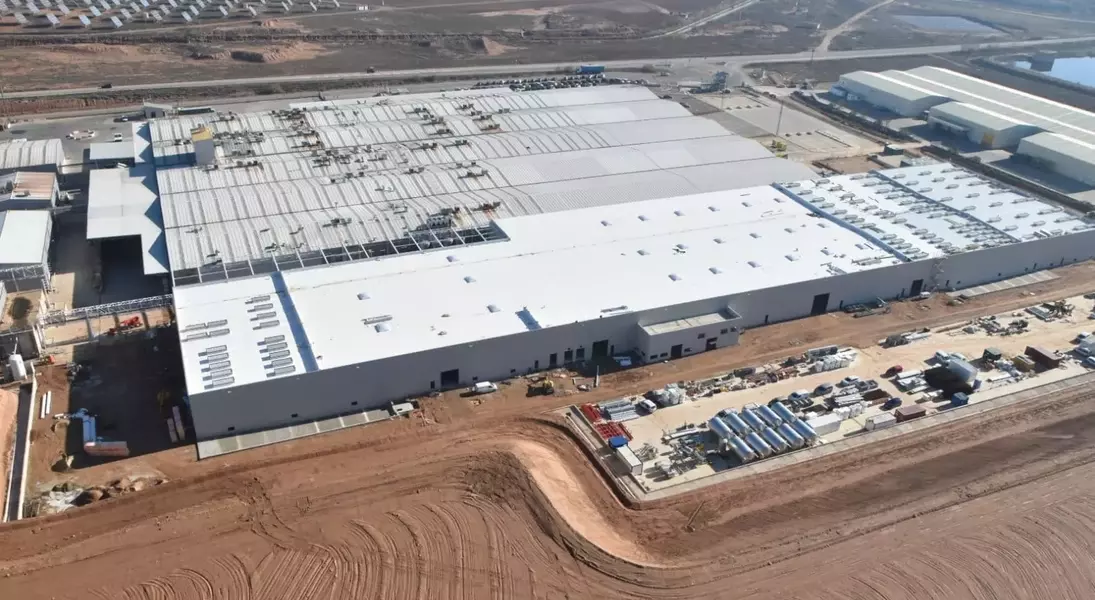
The Kraft Heinz Company has significantly enhanced its manufacturing capabilities in Spain through a major investment. A €70 million project has increased the production capacity of the company's facility in La Rioja by 50%, positioning it as one of Kraft Heinz's most advanced European sites. This expansion aims to meet the growing demand for Heinz sauces across Europe and introduces state-of-the-art technology that will also create new employment opportunities in the region.
Since breaking ground a year and a half ago, the Alfaro plant has undergone significant upgrades, including the installation of a cutting-edge processing facility. This new addition not only enhances production but also reflects the company's commitment to efficiency and innovation. The plant now boasts an impressive capability to process approximately 25,000 tons of locally grown tomatoes annually, supporting both local and European markets. Additionally, the expansion aligns with Kraft Heinz's broader strategic goals, which include installing high-speed filling lines and establishing a pilot plant at the company’s R&D center in the Netherlands.
Willem Brandt, president of Kraft Heinz's European and Pacific Developed Markets, emphasized the significance of this expansion. According to him, the enhancements at the Alfaro factory are crucial steps toward becoming the leading player in the European sauce market. With advanced technology and increased capacity, the company is better equipped to adapt to changing consumer preferences and trends, such as the increasing demand for healthier versions of popular products like Heinz mayonnaise.
The expanded facility in La Rioja represents a pivotal milestone for Kraft Heinz. By integrating modern processing technologies and expanding its workforce, the company is poised to strengthen its competitive edge in the European market. Moreover, the investment underscores Kraft Heinz's dedication to sustainability and local sourcing, contributing positively to the regional economy while meeting the evolving needs of consumers.
